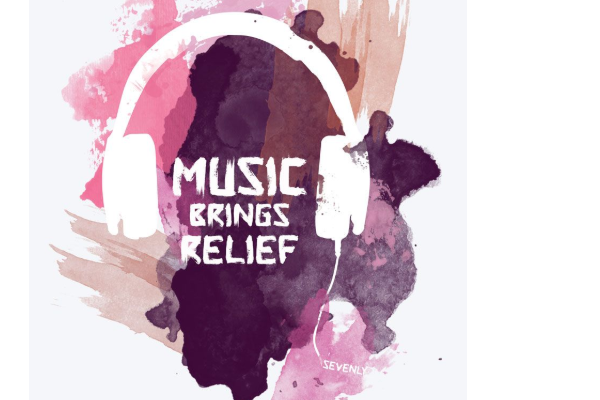We all love music and it have numerous magical health benefits also. Our brains actually have different pathways for processing different parts of music including pitch, melody, rhythm, and tempo. Music have the ability to change our mood, heart beats , blood pressure etc. Music memory is one of the brain functions most resistant to dementia. That’s why some caregivers have had success using music to calm dementia patients and build trusting connections with them.
Although more research needs to be done to understand precisely how music can be used therapeutically to treat mental illness, some studies suggest that music therapy can improve the quality of life and social connectedness for people with schizophrenia.
These some heath benefit of music;
Improves mood
Studies show that listening to music can benefit overall well-being, help regulate emotions, and create happiness and relaxation in everyday life. Listening to your favorite music help to improve your mood, make you active.
Reduces stress
Listening to ‘relaxing’ music has been shown to reduce stress and anxiety in healthy people and in people undergoing medical procedures.
Studies concluded that listening to music, particularly classical combined with jazz, had a positive effect on depression symptoms, especially when there were several listening sessions conducted by board certified music therapists.
Lessens anxiety
There’s lots of evidence that listening to music can help calm you in situations where you might feel anxious.
In studies of people with cancer, listening to music combined with standard care reduced anxiety compared to those who received standard care alone.
Improves exercise

Studies suggest that music can enhance aerobic exercise, boost mental and physical stimulation, and increase overall performance. You can listen music while exercising, walking it will help to concentrate on the activity you doing and make your mind active.
Improves memory
Music also has a positive effect on your ability to memorize.
Research has shown that the repetitive elements of rhythm and melody help our brains form patterns that enhance memory. In a study of stroke survivors, listening to music helped them experience more verbal memory, less confusion, and better focused attention.
Music doesn’t reverse the memory loss experienced by people with Alzheimer’s disease and other forms of dementia, music has been found to slow cognitive decline, helping people with mild or moderate dementia remember episodes from their lives.
Eases pain
In studies of patients recovering from surgery, those who listened to music before, during, or after surgery had less pain and more overall satisfaction compared with patients who did not listen to music as part of their care.
Specially trained music therapists use music to help alleviate pain in inpatient and outpatient settings.
Provides comfort
Music therapy has also been used to help enhance communication, coping, and expression of feelings such as fear, loneliness, and anger in patients who have a serious illness, and who are in end-of-life care.
Improves cognition

Structured music lessons significantly enhance children’s cognitive abilities including language-based reasoning, short-term memory, planning and inhibition — which lead to improved academic performance.
Listening to music can also help people with Alzheimer’s recall seemingly lost memories and even help maintain some mental abilities.
Helps children with autism spectrum disorder
Studies of children with autism spectrum disorder who received music therapy showed improvement in social responses, communication skills, and attention skills.
Soothes premature babies
Live music and lullabies may impact vital signs, improve feeding behaviors and sucking patterns in premature infants, and may increase prolonged periods of quiet–alert states.





